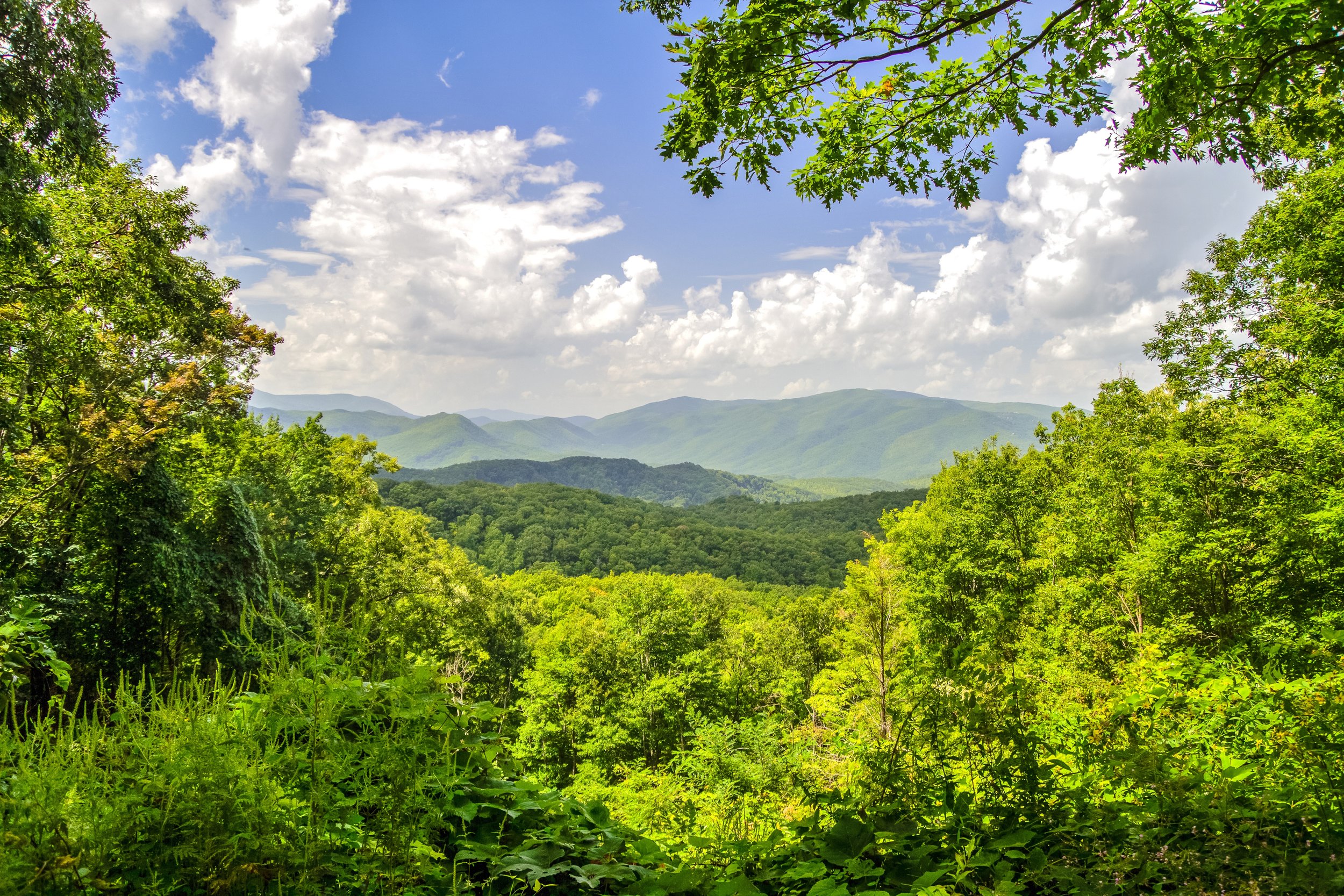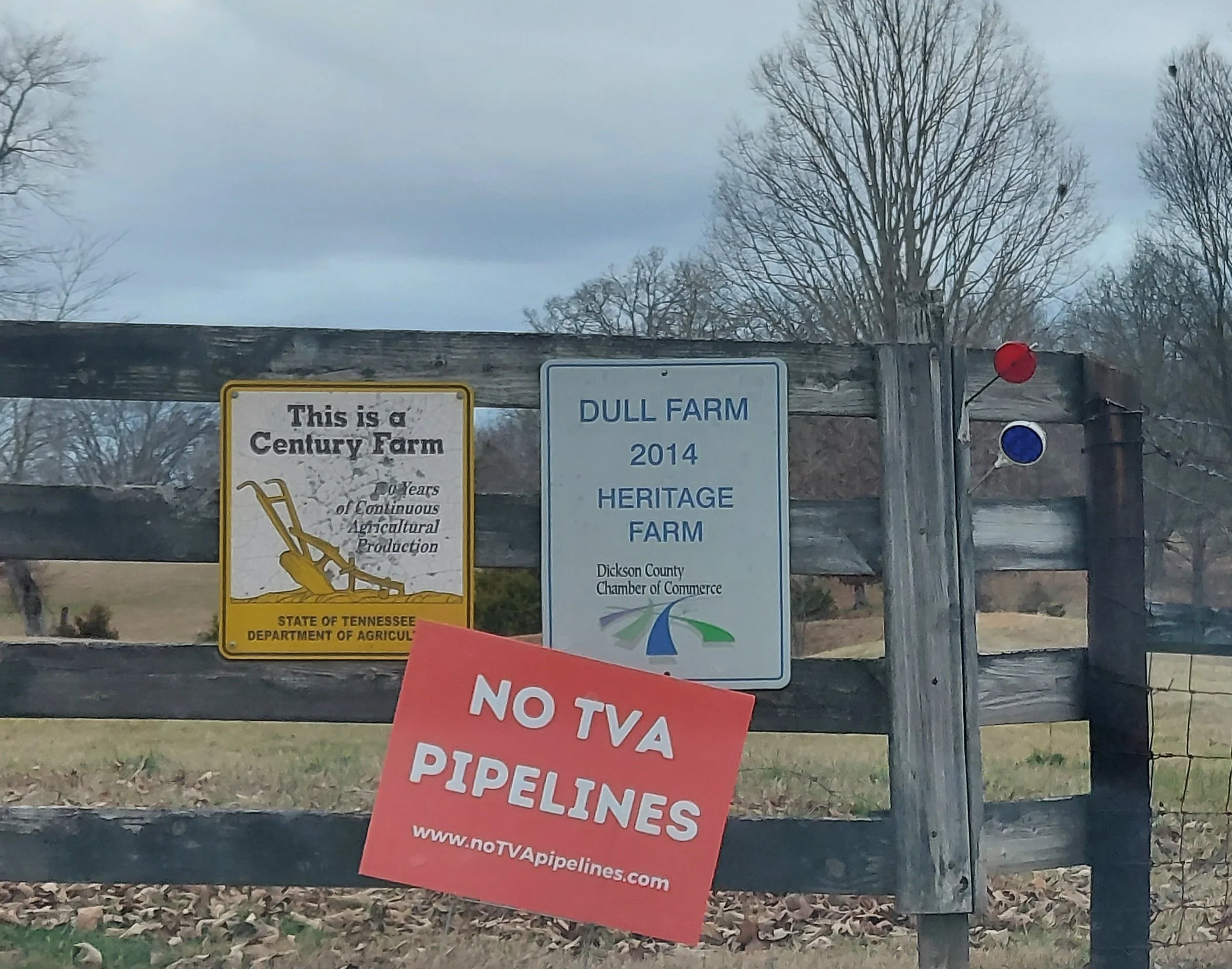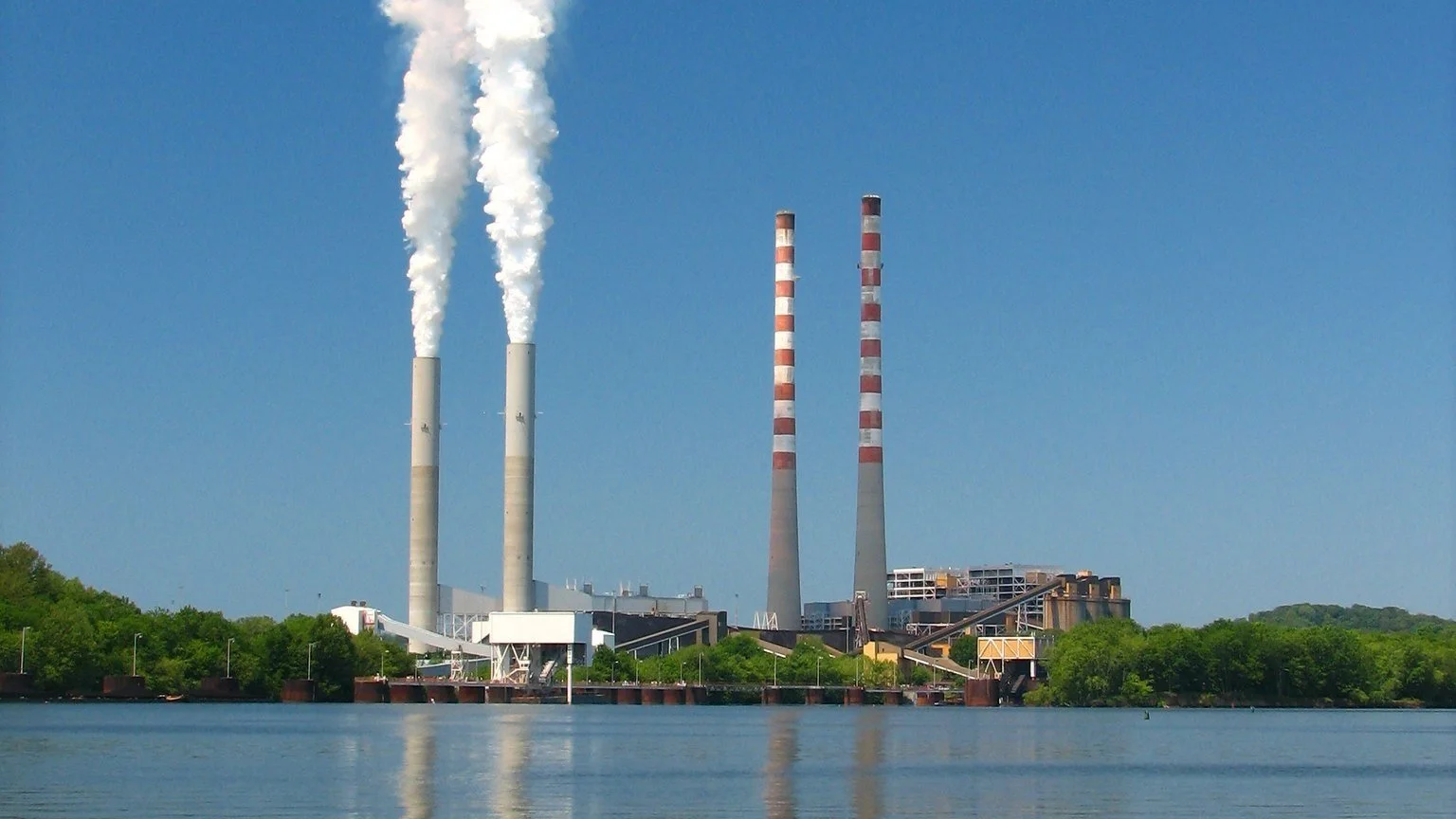
We’re fighting to protect our communities and land from the Tennessee Valley Authority’s buildout of gas plants and corporate pipelines.
The people of the Tennessee Valley deserve clean air to breathe, water to fish in, and land to farm. Instead of polluting our shared home, TVA can power the region with affordable and reliable clean energy.
To replace two retiring coal power plants, TVA is moving forward with major gas plants at Kingston and Cumberland.
Each of these gas plants would involve a new pipeline – over 154 miles total – to be constructed and owned by the multibillion-dollar pipeline giants Enbridge and Kinder Morgan. We also anticipate the announcement of a third gas plant in Cheatham County.
They are pushing back against pipeline companies and organizing community groups to build power. We’ve spotlighted a few of them in our Tennessee Land Protector Stories.
Community members are speaking out against the gas buildout and grassroots opposition is growing.
We’re building a movement to stop TVA’s methane gas buildout.
Reach out to tnpipelines[at]appvoices.org or sign-up for our email list for updates and ways to take action.




